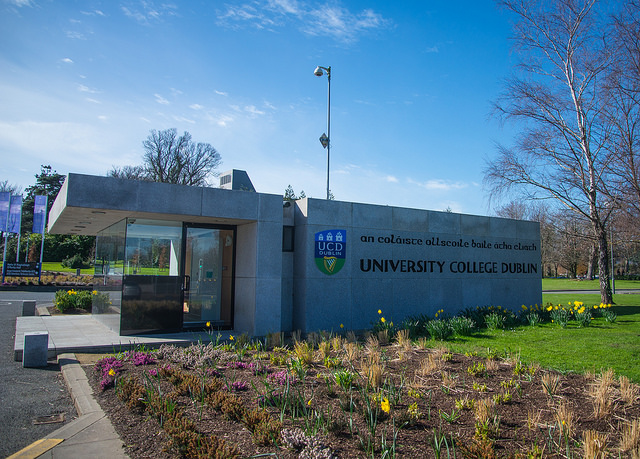Union of Students in Ireland (USI) President, Annie Hoey, has condemned the suggestion made by University College Dublin’s (UCD) President, Andrew Deeks, that UCD may have to turn over places for Irish students to international students should the higher education funding crisis continue.
“We deplore that we’ve come to this situation, and so whilst we despair at the content, we welcome the candour of Professor Deeks’ statement, who has finally said out loud what we’ve warned for years”, Hoey said in a press statement.
Deeks was speaking out after the release of the latest QS World Unviersity Rankings, as reported by the Irish Times, against the inaction of the government to increase higher education funding, leading UCD and other Irish universities to depend on funds generated by non-EU students to support themselves: “Unless there is movement on the funding of Irish students soon, the university will have to consider the option of reducing the number of places available to Irish students in order to preserve quality.”
Hoey continued to express her concerns about universities exploiting non-EU students for funds, particularly as Ireland may become more “attractive” in the wake of Brexit: “We are concerned by the prospect of students from overseas being exploited to alleviate the underinvestment in Ireland.”
“USI has always welcomed students from across the world, and entirely understands the attractiveness of Ireland as a place to study”, she continued.
Hoey also warned that giving more places to non-EU students will result in Ireland “creating a college system which can’t afford to cater for the educational needs of Irish students, but instead effectively exports degrees”.
Deeks attributed the increase in staff due to funds generated by international students as the reason that UCD climbed eight places this week in the 2018 QS Rankings to 168th.
Trinity, which rose by 10 places in the rankings to 88th, has increased its efforts to attract international students, with a new bachelors in business studies being introduced, with 50 of its 75 places reserved for international students, for example, as well as starting new partnerships in India and Singapore.
This is not the first time that Deeks has criticised the lack of government funding in higher education. In a joint statement with Provost Patrick Prendergast after the publication of last year’s QS rankings, he said that “the political system must now make the difficult choices” of how funding is given and generated by the government.







